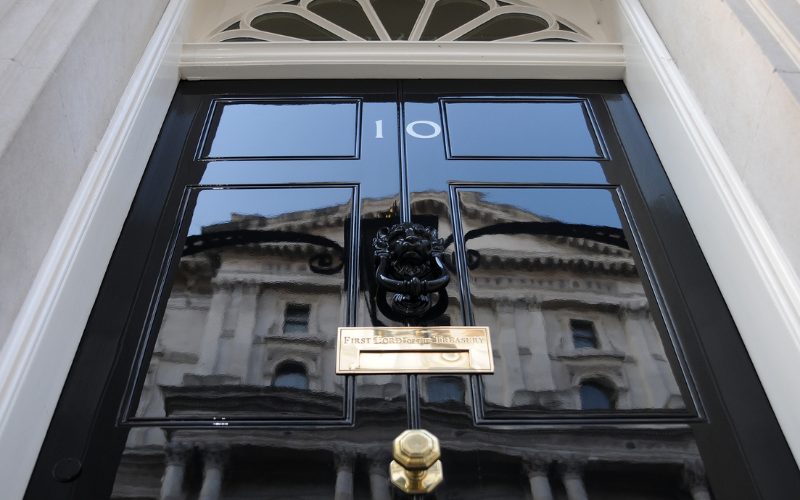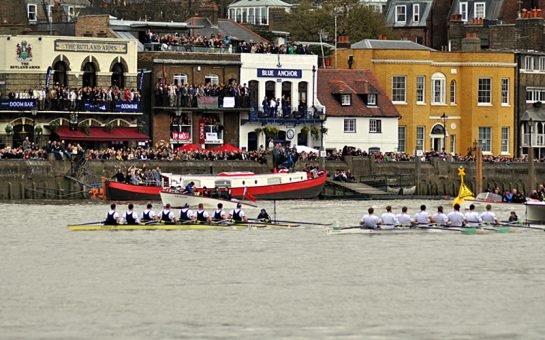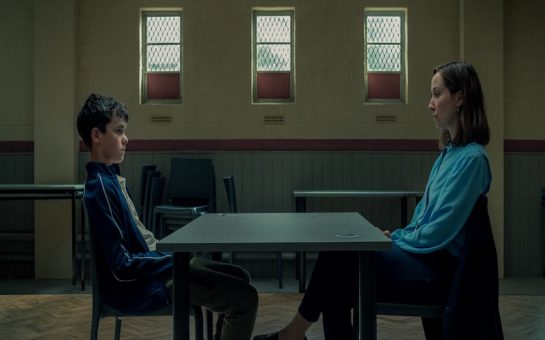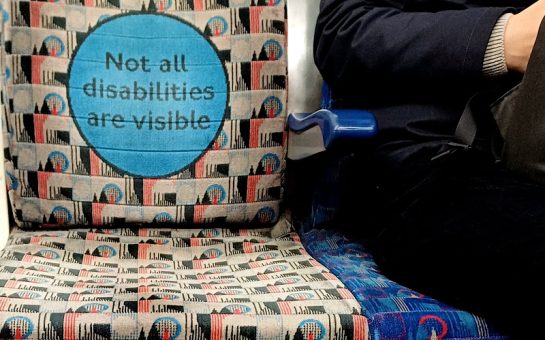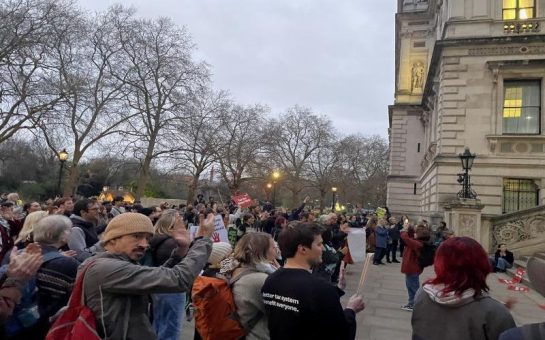The BBC hosted its first 2024 general election debate, which saw senior figures from the seven biggest parties go head-to-head. But what did we learn?
The 90-minute debate went live at 7:30pm and was hosted by Mishal Husain, who fielded questions from the audience about issues including immigration, the cost of living crisis, and climate change.
Here are the key takeaways from tonight:
D-Day criticisms of Sunak
This first question recalled Prime Minister Rishi Sunak’s decision to leave the D-Day ceremony early, a decision branded by Liberal Democrat representative, Daisy Cooper, as “completely and utterly unforgivable”.
She added: “It was not only politically shameful but I think many of us feel quite insulted.”
While Conservative Penny Mordaunt expressed that Sunak’s actions were “very wrong”, she tried to justify that he had apologised both to the veterans and to the nation as a whole.
Despite this, Reform UK leader Nigel Farage claimed: “It shows how disconnected Sunak is with the people of this country.
The SNP’s Stephen Flynn added: “A prime minister who puts his political career in front of Normandy war veterans is no prime minister at all.”
“The Tories are toast”
From the very beginning, it was clear that all five smaller parties – namely, the Liberal Democrats, Scottish National Party, the Green Party, Plaid Cymru, and Reform UK – agreed on one thing: “The Tories are toast.”
The Conservatives were not only attacked on this front, but were also blamed for the economic crisis and flailing public services.
Angela Rayner from the Labour Party blamed Liz Truss for “crashing the economy”, adding that the Conservatives went “fast and loose with the public’s finances”.
Lib Dem deputy leader Daisy Cooper echoed this sentiment, stating that: “Our public services are on their knees.”
She said that the Conservative Party had failed to keep their promise to get 6,000 new GPs, claiming that since that pledge there are now even fewer GPs per head.
She added: “We have the worst of both worlds.”
Farage added that “our political model is broken” and that the “Conservatives have sunk below the water line”.
In her 30-second closing statement, Rayner said: “After 14 years of chaos, it’s time for change. Keir Starmer has changed the Labour Party.”
Stephen Flynn from the SNP agreed, concluding: “The Tories are finished.”
Are Labour and Conservative more similar than they would like to admit…
In her 30-second closing statement, Carla Denyer from the Green Party, said: “Keir Starmer has changed the Labour Party into the Conservatives.”
Plaid Cymru leader Rhun ap Iorwerth accused Labour and Conservatives of being “happy” to see privatisation of the NHS.
Farage added: “What we’re being offered, frankly, are two parties promising the Earth and nothing much will change, regardless of who gets it.”
…leading Farage to position Reform UK as a serious opposition party
Farage stated the reason why Reform has risen so quickly in the polls is that Labour and Conservative “don’t really disagree on anything”.
The latest YouGov poll shows Reform UK two points behind the Conservative Party, with Nigel Farage’s party at 17% and the Conservatives at 19%.
The survey, taken just before the first televised leaders’ debate between Sunak and Starmer on Tuesday evening, gave Reform UK its highest figure for voting intention.
Farage said: “This has been one of the worst general election campaigns so far between the two main parties I’ve seen in my lifetime.”
He added that their leaders are “very dull”, that Starmer is “Blair without the flair”, and that “the real leader of the Labour Party is here tonight on the stage”, and that “at least Rayner’s got some personality”.
He concluded: “We want a revolt from the British people.”
This was the second election debate so far, with the next one taking place on Wednesday 12 June.
You can check out all of the Londoners’ general election coverage here.
Feature image courtesy of Number 10 via Flickr, with thanks
